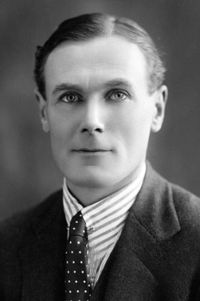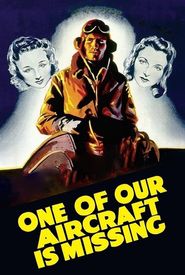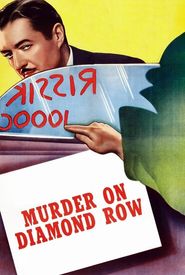Wernham Ryott Gifford, later known as Stewart Rome, was born in 1886 in Berkshire, England. Despite initially studying civil engineering, he pursued a career in the performing arts, taking to the stage in 1907.
Rome's journey as an actor began in Australia, where he honed his craft before returning to England in 1912. He joined the Hepworth Film Company, marking the beginning of his illustrious silent film career.
As a handsome and slightly aloof aristocratic star, Rome appeared in over 150 drama films, making his debut with "Thou Shalt Not Steal" in 1913, directed by Warwick Buckland. After serving in World War I, he joined the Broadwest Film Company and continued to thrive throughout the 1920s.
During this period, he acted in both British and German films, including "Im Schatten der Moschee" (1923),"Vater Voss" (1925),and "Reville" (1924),directed by George Pearson. His performances in "Reville" and "The Desert Sheik" (1924) remain particularly memorable.
As the advent of talkies changed the face of the film industry, Rome's career shifted towards fine, kindly, and gentlemanly characters. In the 1940s, he starred as Dr. Goodfellow in a series of shorts for the Rank studios.
Rome's final on-screen appearance was in the 1950s, in "Let's Have a Murder." He passed away in 1965 at the age of 79, leaving behind a legacy as a prominent figure in the early days of cinema.
























